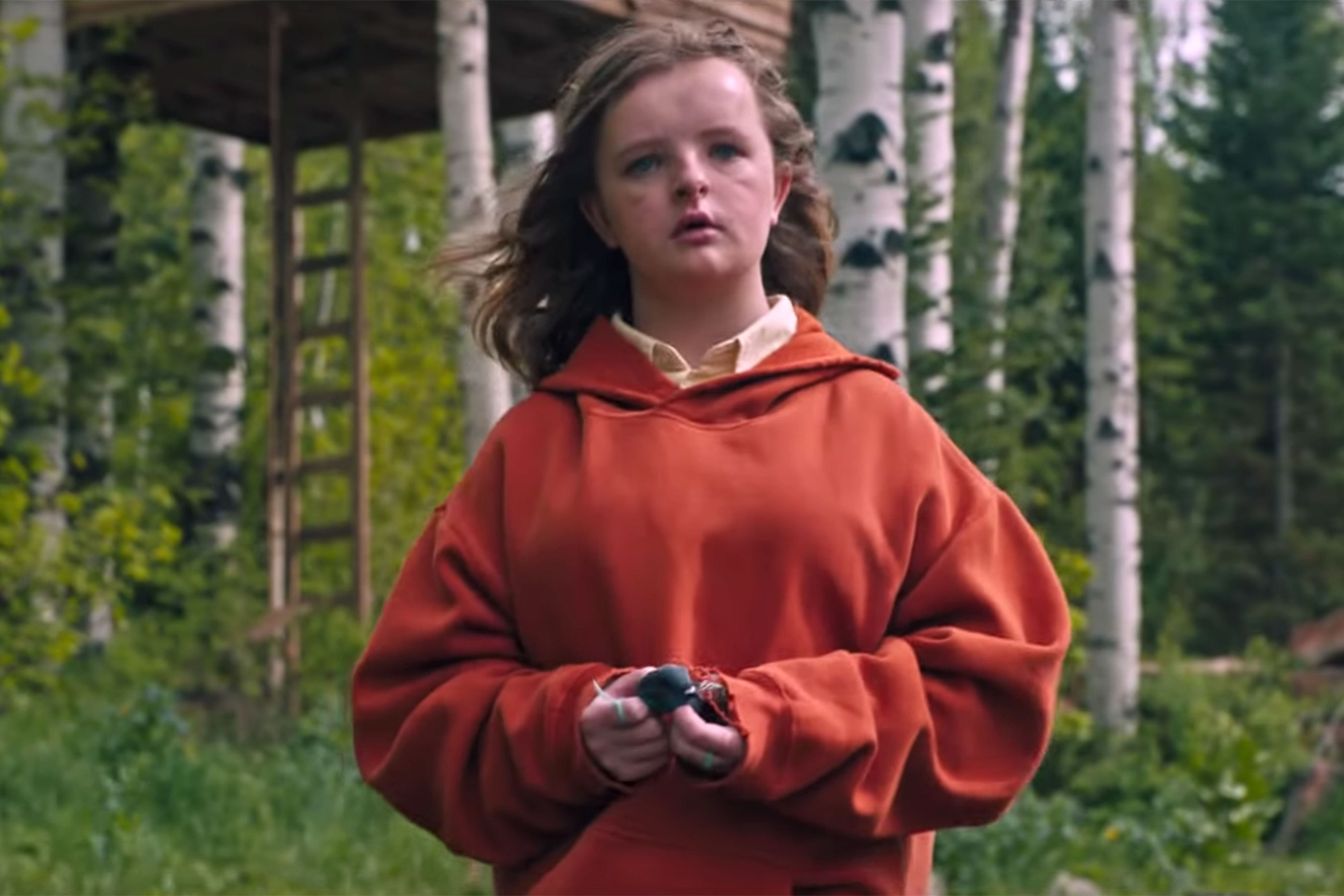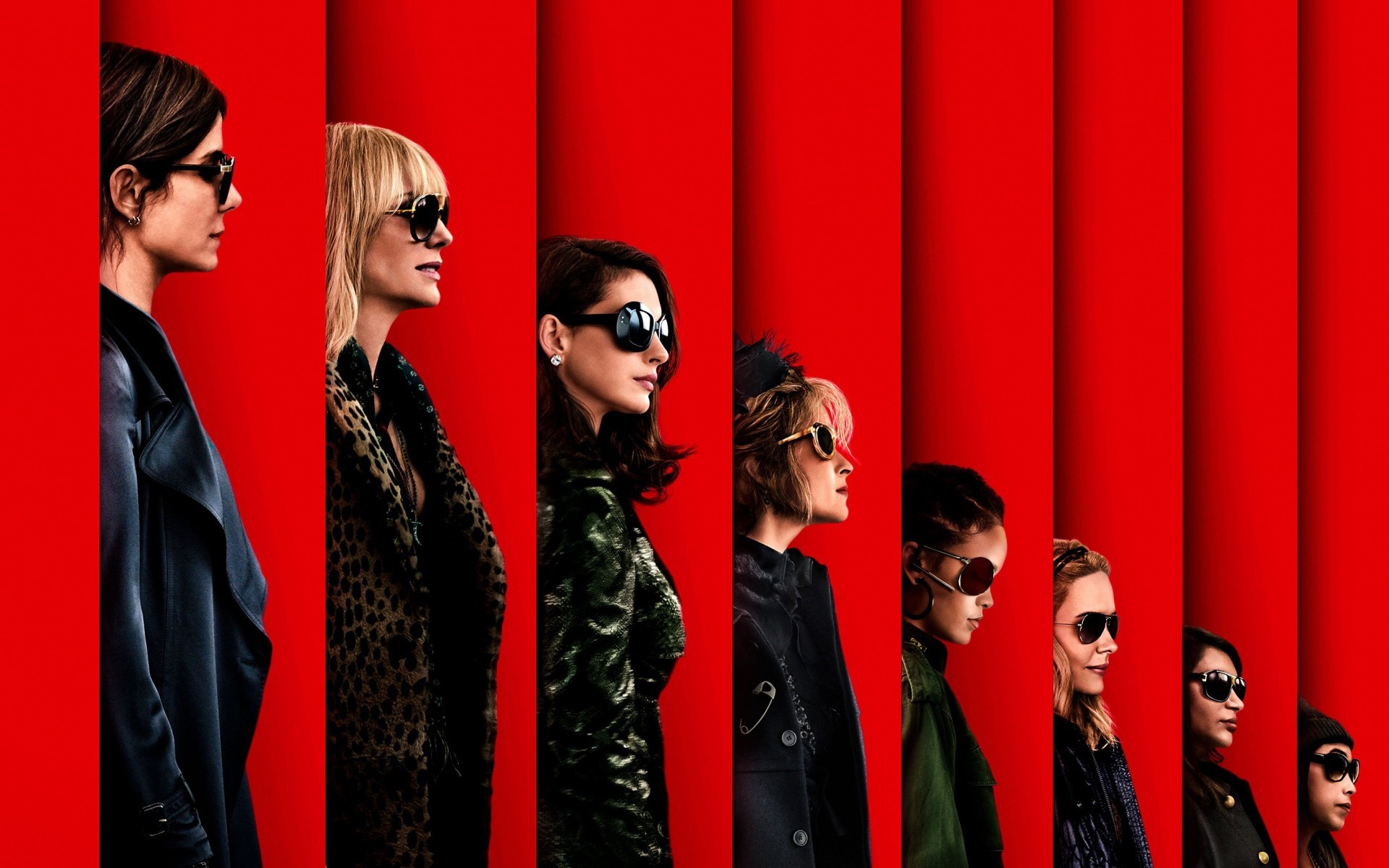Hotel Artemis
by Hope Madden
In a world where the U.S. government stops supplying bottled water to Flint, Michigan residents while international asshats Nestle are allowed to increase their pumping of clean water from just 100 miles away…
Well, that may not have been the inspiration for Hotel Artemis—the inspiration was probably that cool hotel in John Wick—but it is the kind of social disaster that will lead to the Mad-Max-like rebellion that backdrops writer/director Drew Pearce’s crime thriller.
Los Angeles, 2028, and the bloodiest riots the city has ever known have broken out over the privatization of water. With the police very, very busy, it’s a perfect time for a bank heist. But timing isn’t everything—skill helps—and soon a trio of wounded nogoodnicks are headed to the one place they can safely receive emergency care: the exclusive, subscription-based, criminal-only hospital, Hotel Artemis.
It may have a staff of only two—the nurse (Jodie Foster) and the orderly (Dave Bautista)—but it is chock full of high tech medical equipment, old-school security and strict rules. It may also be the best place to ride out these riots. Unless the tensions inside the hotel reach the same height as those outside.
It’s an intriguing premise, one rife with tense and bloody opportunity. A collection of bad people is trapped in an enclosed, retro-seedy space hoping to survive the storm.
If the story intrigues, the cast convinces. Jodie Foster nails the wearied, accepting, down-to-business Nurse. Though the dialog throughout is not as savvy as Pearce thinks it is, Foster delivers it beautifully and her physical mannerisms are even more convincing.
Bautista charms as her tender strongarm. Sterling K. Brown does no wrong ever, here again radiating an intensity that mingles sadness, obligation and moral authority.
Luckily for the entire ensemble, Pearce is more invested in character development than action. He creates a moody tension inside the walls, exacerbated by the explosion of rage and violence outside.
All of which hits fever pitch when LA crime boss the Wolf King (Jeff Goldblum as Jeff Goldblum) shows up wanting to break the rules.
Pearce and his top-to-bottom impressive cast deserve credit for sidestepping expectations and instead crafting a contained, absurd-yet-believable drama. Things get away from the filmmaker when he tries to complicate the plot with backstory, and there are two minor side plots that serve as little more than a distraction.
It’s also an awful lot of tension-building with little in the way of a final release. But Pearce and team have done something remarkable in the summer months: delivered a fresh, imaginative, original film.








